1. Frederick Taylor - Scientific Mgmt
1.1. Shift all responsibility for the organization of work to the manager
1.2. Use Scientific methods to achieve efficiency
1.3. Select the best person to perform the job
1.4. Train the worker to do the work efficiently
1.5. Monitor performance to ensure procedures are followed and results are achieved
2. Strengths
2.1. Can be effective in highly controlled situations and over short time spans
2.2. Everyone "knows their place" - clarity of role
2.3. Great for creating standardized, repeatable processes
3. Questions/Comments
3.1. How do you come to the right balance of structure and freedom in an organization?
3.2. Orgs need to balance results, process, and relationships
3.2.1. Ed attempted to build behavior into procedures @ nuclear facility -- it became tedious.
3.2.2. Moved to a teamwork model, which worked for a while, then work started to get sloppy
3.2.3. Now doing a combination of teamwork + removing uncertainty by scripting response scenarios
3.2.3.1. Danger: over-scripting can produce too controlling an atmosphere and dampen creativity
3.3. Highly team-oriented orgs
3.3.1. Sometimes need to pull in mechanistic thinking to help balance the culture and create repeatable processes
4. Limitations
4.1. Metaphor breaks down when you try to mechanize human relations
4.2. Discourages initiative, leading to apathy & carelessness
4.3. Does not address complex and unpredictable environments adequately
4.4. Assumes single ideal solutions exist
4.5. Requires strong power imbalance to work
5. From Frederick the Great to the Industrial Revolution
5.1. By the early 1900s, "new" thinking was all about machines
5.2. The metaphor is still prevalent
5.2.1. Unity of Command
5.2.2. Scalar Chain
5.2.3. Span of Control
5.2.4. Staff and Line
5.2.5. Initiative
5.2.6. Division of Work
5.2.7. Authority and Responsibility
5.2.8. Centralization of authority
5.2.9. Discipline
5.2.10. Subordinate individual interest to organization interest
5.2.11. Equity
5.2.12. Stability of tenure of personnel
5.2.13. Esprit de corps
